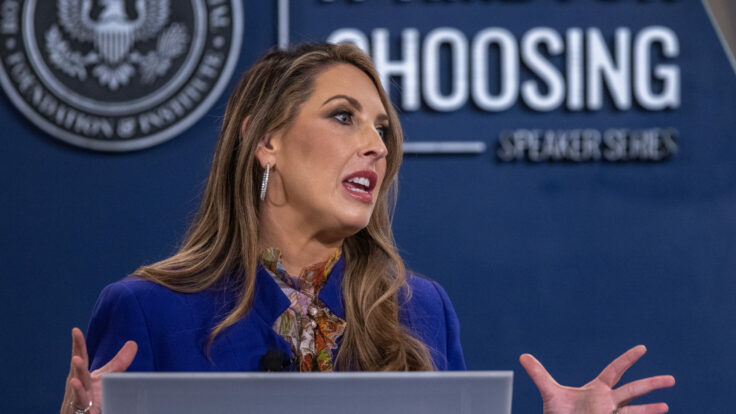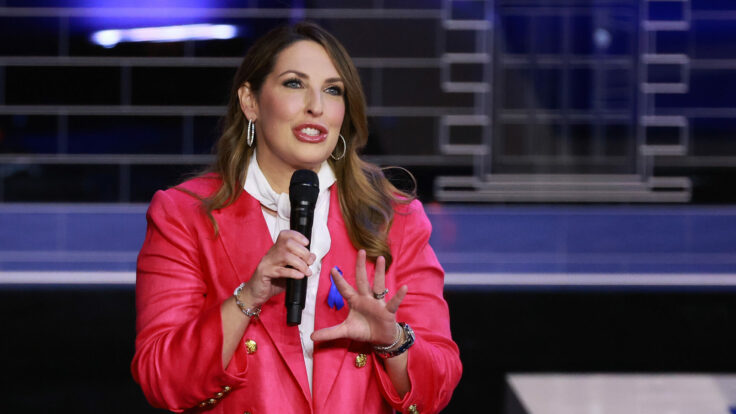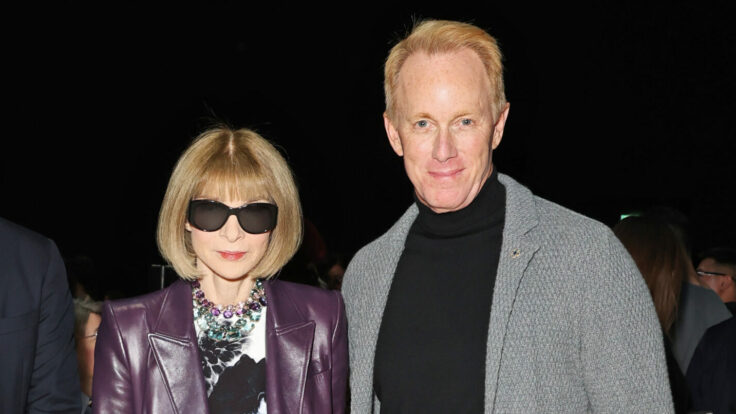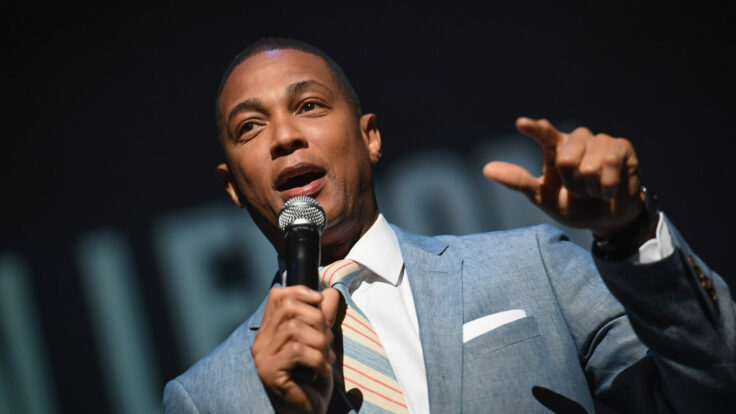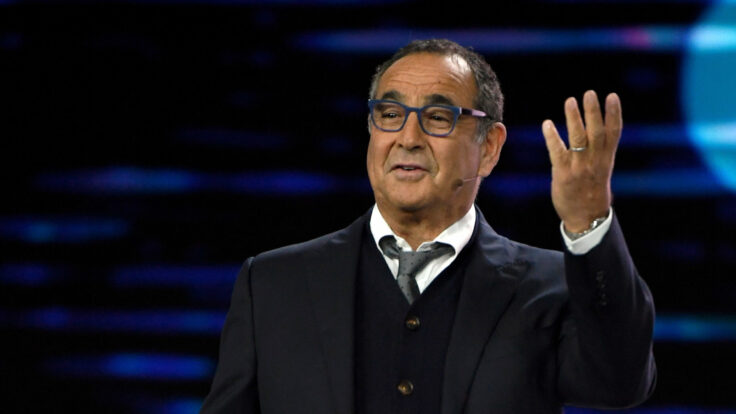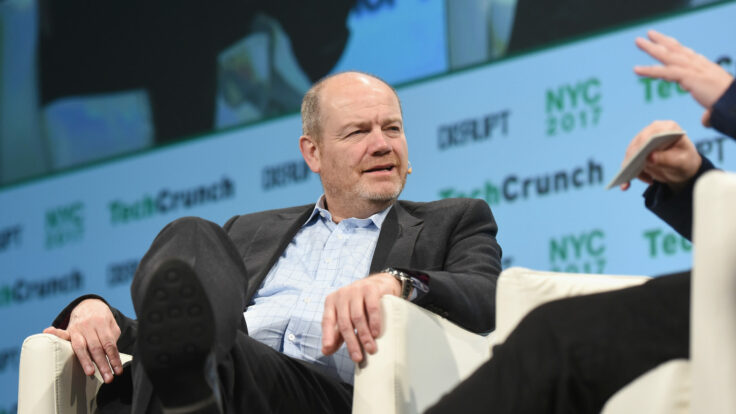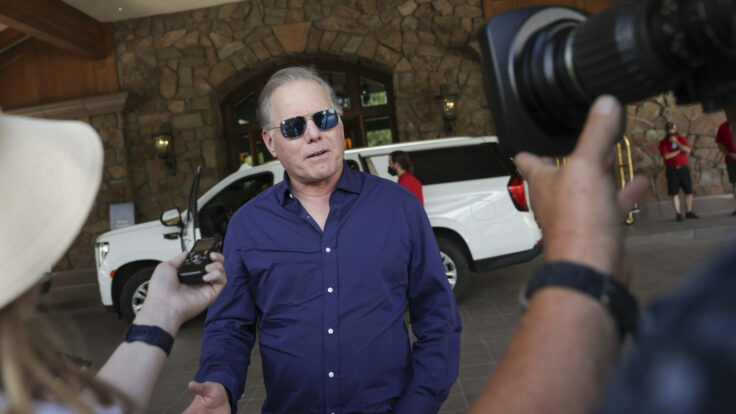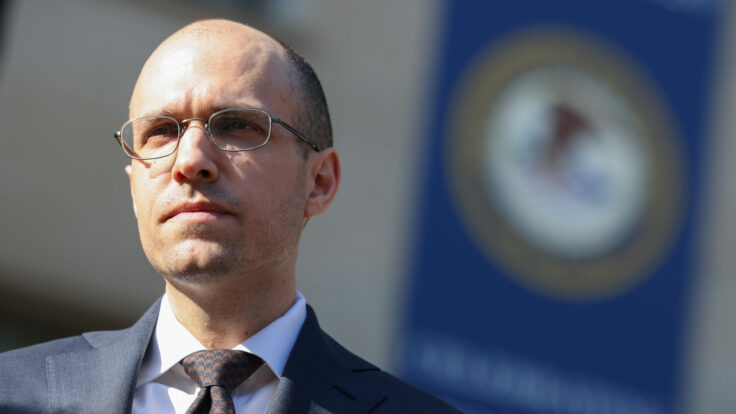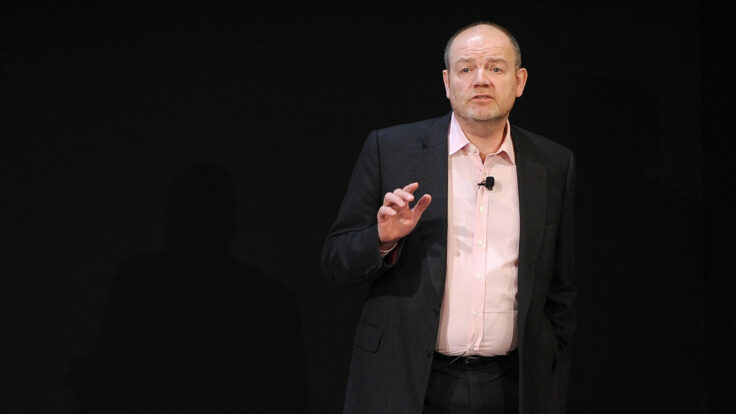Earlier this week, Bob Iger returned to Burbank for the first time since being reinstated as the chairman and chief executive of The Walt Disney Company. Not surprisingly, he was greeted with a hero’s welcome—the sort of praise lavished on a C.E.O. who 5x-ed his company’s market cap during his fifteen year tenure, and whose reinstatement nearly singlehandedly overturned a sell-off prompted by his predecessor’s earnings call fiasco. Dressed in a Mr. Rogersesque cardigan and open-collared white shirt, Iger acknowledged the “challenging times” ahead, the need to take decisive action, and the importance of restoring responsibility and accountability to the creative business.
He fielded some questions and offered some candid assessments on the state of the media, including the inexorable decline of linear television. Then, upon finishing, was treated to a standing ovation. “Disney employees seemed overjoyed to see Mr. Iger,” Brooks Barnes reported in the Times.







